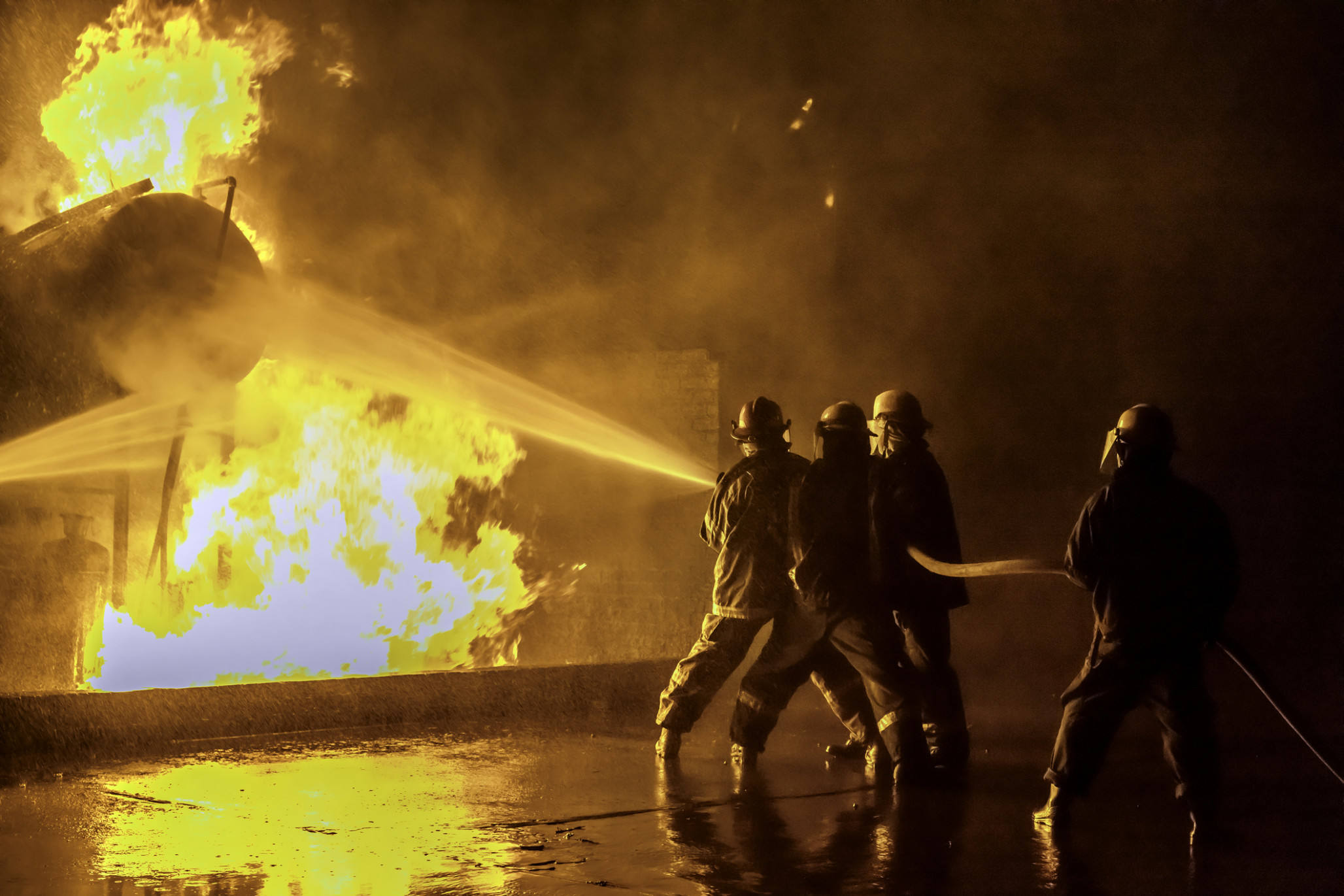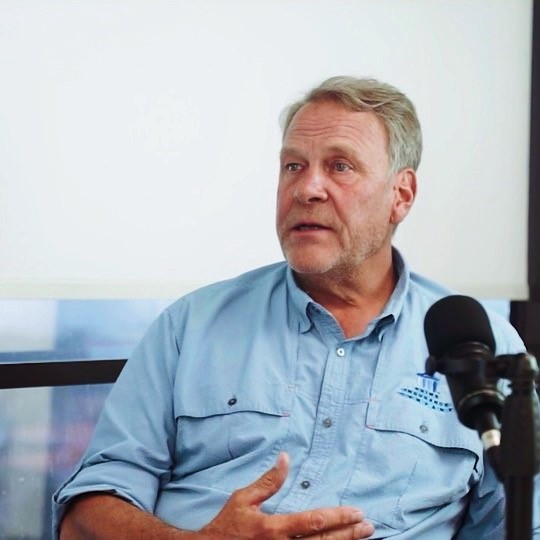
Insurance for Private Firefighters
While it may seem hard to believe, fire season has already begun.
In states like New Mexico, California, Oklahoma, Colorado, Texas, and Arizona, the dry climate and extreme weather have increased the risk for fires, putting private and public lands in danger. Already, over 805,660 acres have burned. Firefighters, still recovering from the record heights of last season, are struggling to keep up.
It’s enough to make you want to step in and help.
Are you a private firefighter, or considering becoming one in order to provide for yourself while you protect the land? It’s your life as well as your livelihood. Read on to learn about insurance for private firefighters, and how it may be the next necessary step for your personal financial security.
Increased Wildfire Risk
It’s no secret that the number of large fires doubled between 1984 and 2015 in the western United States. The following factors contributed to this increase in wildfire risk:
- Increased drought
- Warmer weather
- Increase in fires caused by humans (more than 80% of wildfires)
- Spread of the mountain pine beetle
- Increase of fire fuels in most forests
- Increased land use
- Mismanagement of national and private forest lands
For most of the western United States, modeling shows that an average annual 1-degree temperature increase would increase the average burn as much as 600% in some types of forests. In the Southeastern United States, we may see a 30% increase in fire activity by 2060.
Climate change has dramatically added to these factors. The increase in wildfire activity is expected to continue to increase in the United States. This means greater risk for homeowners and those fighting these fires.
The Private Firefighter Industry
Over the last two decades, the rise in wildfires has resulted in the return of the private firefighting industry. Because of the limitations in labor, government contracts, and resources, private landowners now have the ability to hire private firefighters to protect their property– especially in states like California.
Homeowners with premium insurance policies often have access to this resource, as many insurance companies now employ private firefighting teams. These teams are contracted to serve specific clients and land parcels.
Some private firefighting companies contract with several insurers. These insurers dispatch employees to supplement the first responders already dispatched to a wildland fire. They may perform preventive tasks in high-risk areas around the country, including clearing flammable debris and spraying flame retardant around a high-risk property.
Most commonly, private firefighters will find themselves doing this preventative work. If they’re not having to fight active fires, they’ll be doing what they can to ensure the “cycle of ignition” does not occur on the structure or piece of land they’ve been contracted to protect. This includes:
- Fuel mitigation
- Putting out embers
- Cleaning up leaves
- Preparing sprinkler systems
- Creating retardant fire lines outside of the property on natural vegetation
- Spraying fire-blocking gel on the property
- Moving firewood piles
- Turning off barbecues
- Removing flammable patio furniture
It’s a job that can get dangerous– especially as one’s proximity to a fire increases.
Becoming a Private Firefighter
To become a private firefighter, you will need the same qualifications as a state-employed firefighter. These general qualifications typically include:
- Wildfire fighting training and experience
- A background in state-contracted work
- Previous experience working in seasonal firefighter jobs
- Fundamental skills needed to fight wildfires
- Excellent physical strength and stamina
- Ability to carry out orders in emergency and non-emergency situations
- Operate hand and specialized power tools
- Drive and operate motorized vehicles
- Promote a positive atmosphere and support team building
- Effectively communicate with department personnel and private citizens
- The ability to remain calm in high-pressure and hazardous conditions
Does this sound like something you might be qualified for? If you are expected to operate fire engines, you must be able to prove that you have met the requirements from your state department of transportation. You must also have a clean driving record.
Safety Tips for Firefighters
How does one keep safe in such a dangerous line of work? Along with private firefighter insurance, there are a few things you can do to enhance your safety on and around the job:
- Wear appropriate gear
- Limit your risk to what is saveable
- Ensure you have access to an uninterrupted water supply
- Stay aware of what’s going on around you
- Be sure to communicate with your team
At the end of the day, preparation is key. Do what you can now in order to keep your livelihood and yourself safe down the road.
Safety Tips for Homeowners
If you are a homeowner interested in this kind of service, recognize that there are usually two different types of private firefighting products available: response services, and risk detection services. These products are typically provided through an insurance provider and are not contracted to clients without this third-party agreement.
Private firefighters work for an insurance company that insures individuals or private companies. They are contracted to provide services only to protect a client’s property or commercial buildings during wildfires or other similar disasters.
If you are interested in a team to both prepare and defend your property during fire season, it’s best to make sure your policy provides this service. If you have the funds, you can also look into hiring a private company to protect your property from wildfires.
Protect Yourself
Insurance for private firefighters is one more way to protect yourself in this risky line of work. If you’re a landowner, it can also be a way to protect your property, family, and belongings.
XINSURANCE is a DBA of Evolution Insurance Brokers, LC (“EIB”), an excess and surplus lines insurance brokerage. To request a quote for private firefighter insurance, visit our site or contact us at 877-585-2853 or info@xinsurance.com.

Rick J. Lindsey hails from Salt Lake City, Utah. He began working in the mailroom of his father’s Salt Lake City insurance firm, getting his introduction to the business that became his lifelong career. Rick J. Lindsey quickly rose through the ranks while working in nearly every imaginable insurance industry job. As an entrepreneur, specialty lines underwriter, claims specialist, risk manager, and a licensed surplus lines broker, Rick J. Lindsey is highly skilled in all levels of leadership and execution. As he progressed on his career path, Rick J. Lindsey discovered an urgent need for insurers willing to write policies for high-risk individuals and businesses. He was frequently frustrated that he could not provide the liability protection these entities desperately needed to safeguard their assets. He also formed the belief that insurance companies acted too quickly to settle frivolous claims. Rick J. Lindsey decided to try a different approach. He started an insurance company and became the newly formed entity’s CEO. This opportunity has enabled Rick J. Lindsey to fill a void in the market and provide a valuable service to businesses, individuals, and insurance agents who write high-risk business. XINSURANCE also specializes in helping individuals and businesses who live a lifestyle or participate in activities that make them difficult for traditional carriers to insure. If you’ve been denied, non-renewed, or canceled coverage, don’t give up quite yet. Chances are XINSURANCE can help.

